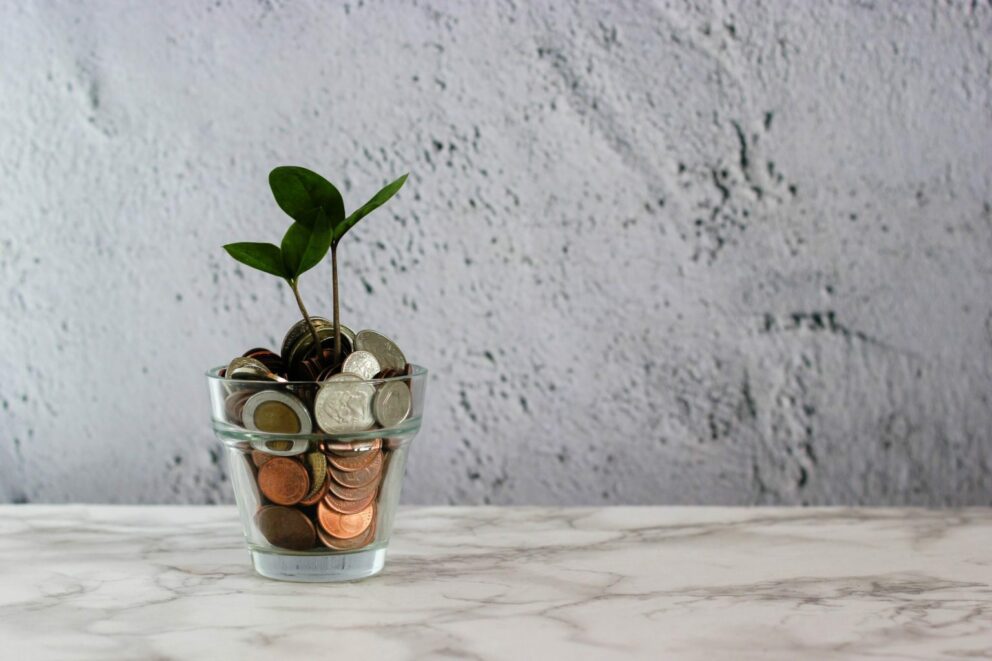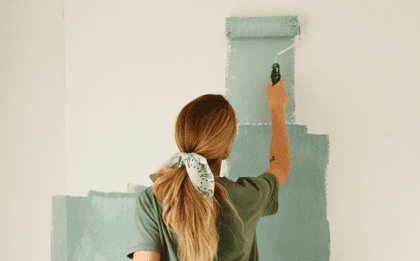What’s the difference between freehold and leasehold?
In this guide
What is a freehold property?
What are the advantages of buying a freehold property?
What is a leasehold property?
Service Charges and Ground Rents on Leasehold Properties
Can you rent out a leasehold property?
How to extend your lease for leasehold properties?
Freehold and leasehold are two different ways of owning a property, but it’s good to know the exact difference between the two for when you buy, own, and sell your home. Or maybe you just want to work out the best option for you?
In our easy guide you’ll find out everything you need to know about freehold and leasehold properties from the advantages of each to the important fees and rules when it comes to owning a leasehold.
What is a freehold property?
A freehold property is one that is owned outright, including the property and the land it is built on. This means that as an owner, you’re welcome to make any changes or improvements to the home (allowing you have the correct planning permission). Similarly, any maintenance that needs to be taken place – whether it is your possessions, internal or external structure – will be your responsibility and will have to be paid for by you. Most of the time, freehold properties are houses, rather than flats and apartments.
What are the advantages of buying a freehold property?
There are lots of advantages of buying a freehold property, including some of the following:
- You don’t have to worry about the lease running out, as you own it outright – the property will be yours whether you wish to keep it or until you sell on
- You don’t have to deal with a landlord – for example if you have any maintenance issues you can take matters into your own hands straight away
- You don’t have to pay rent, service charges or any other landlord fees
- There are no limitations on living conditions such as smoking or owning pets
What is a leasehold property?
A leasehold property, on the other hand, is different to freehold because although you own the property (for a certain amount of time) you don’t own the land it is on. Your time of ownership is decided by your freeholder and is then returned once this period is over. Often your lease will cover a long period of time, usually around 99 years, so they can be just as good as freehold in terms of how long you have the property, but leases can vary from around 40 years upwards. Leases of less than 80 years can become problematic as they may make the property hard to sell or potentially be difficult to remortgage.
Unlike freehold, leasehold properties are often flats and apartments, but this does vary, and many older properties are leasehold.
Service Charges and Ground Rents on Leasehold Properties
With leasehold properties, you will be expected to pay service charges and sometimes additional payments. These can differ depending on the property but are most commonly used to cover things such as damage to exterior or interior walls, any structural issues etc, electricity bills and maintenance of communal gardens. As the leaseholder, you have the right to know how your money will be spent and to see proof of these purchases – this is a legal obligation.
Other charges may include:
Ground rent: this is a fee paid to the landlord for the land your property sits on, but it is only required if stated in a formal, written agreement.
Buildings insurance: covers the building (not contents) but the landlord is usually responsible for this, and it will most likely be covered in your service charge.
Leasehold will always have its charges, and once agreed, cannot be changed. However, if for any reason the leaseholder and freeholder cannot agree on these charges, the option to dispute a charge is possible with a tribunal.
Can you rent out a leasehold property?
Renting out your leasehold property and charging someone else rent is called subletting. Your ability to sublet will depend on your lease – for some, buying-to-let is just not an option but for others, you may just require permission from the freeholder, but you must always inform them when you plan to do so.
How to extend your lease for leasehold properties?
As a leaseholder, you can ask your landlord to extend the lease at any time. This can be done two ways:
Extending your lease informally means talking with your freeholder and negotiating the extension. This often saves time and money and is a great way to begin the discussion however, the parties do not always agree.
In this case, you will have to attempt to extend the lease formally, which will mean doing so under the law, if it follows the correct criteria. This process follows strict procedures and timescales but does offer more protection for the leaseholder; in the circumstances where neither party can agree, it also allows them to apply to the tribunal to decide.
Extending the lease will also come at a cost. Usually, you will have to pay around 50% of the extra value the property would gain by having a longer lease. The cost will differ depending on things such as any improvements you’ve made to the property, how much it is worth and how much ground rent you currently pay, as well as any legal fees.





